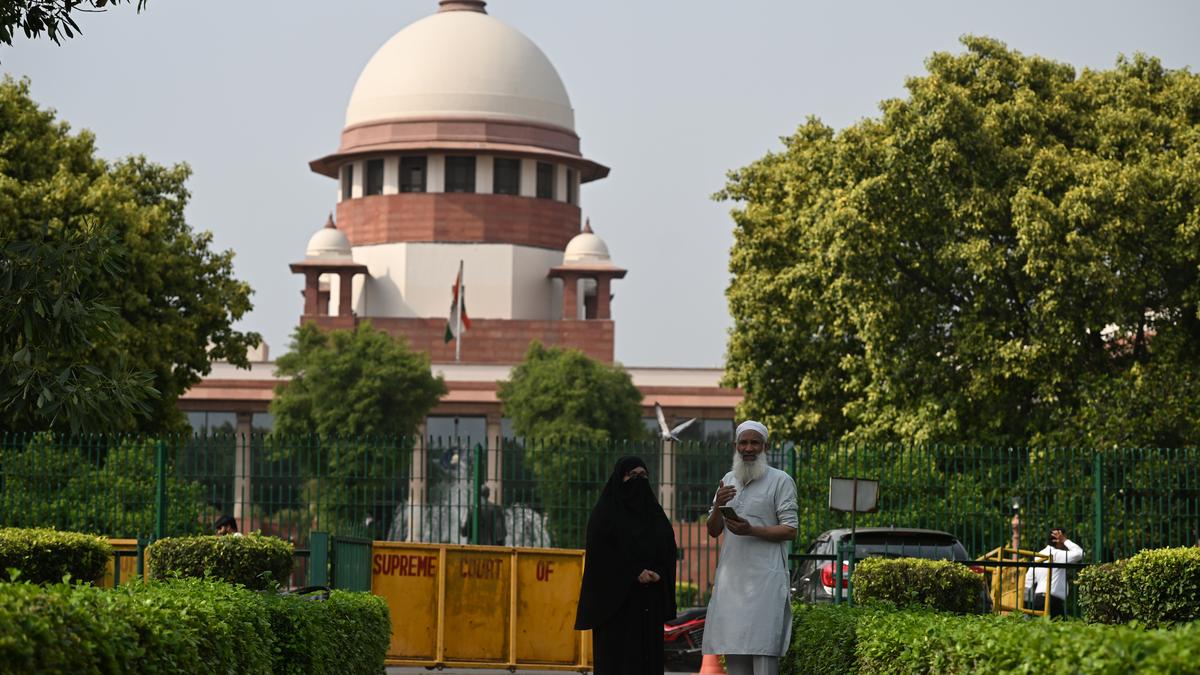Now Reading: Supreme Court Allows Use of Spousal Recordings in Matrimonial Cases
-
01
Supreme Court Allows Use of Spousal Recordings in Matrimonial Cases
Supreme Court Allows Use of Spousal Recordings in Matrimonial Cases

Fast Summary
- The Supreme Court of India ruled that secretly recorded conversations between spouses are admissible as evidence in matrimonial cases.
- The ruling overturns a Punjab and Haryana High Court judgment, which had declared such recordings inadmissible under Section 122 of the Evidence Act due to privacy concerns.
- Section 122 protects communication between married couples from being disclosed in court without consent.
- The case stems from a Family court decision where a husband presented secret recordings to allege cruelty by his wife.
- Justice B.V. Nagarathna and Satish Chandra Sharma, part of the SC bench, stated that snooping indicates a lack of trust and symptoms of a broken marriage.
- The apex court restored the trial court’s order allowing family courts to take judicial notice of such conversations and proceed with relevant cases.
- Arguments about potential harm to domestic harmony were dismissed by justice Nagarathna as untenable for relationships already strained.
Indian Opinion Analysis
The Supreme Court’s ruling has significant implications for matrimonial disputes in India. By permitting secret recordings as evidence, it acknowledges the realities within failing marriages while challenging customary notions of marital privacy under Section 122. While this may provide more evidentiary avenues for litigants in troubled relationships, critics might argue it sets a precedent that could encourage heightened surveillance by spouses-a practice fraught with ethical dilemmas.
The judgement reflects an evolving legal stance towards balancing individual rights with societal interests like justice in marital disputes.However,it’s broader consequences on trust within marriages remain uncertain. Restoring judicial discretion at family courts could streamline dispute resolution but may also raise concerns surrounding misuse or breach of privacy until further safeguards are clarified.
Link for read more: The Hindu






















